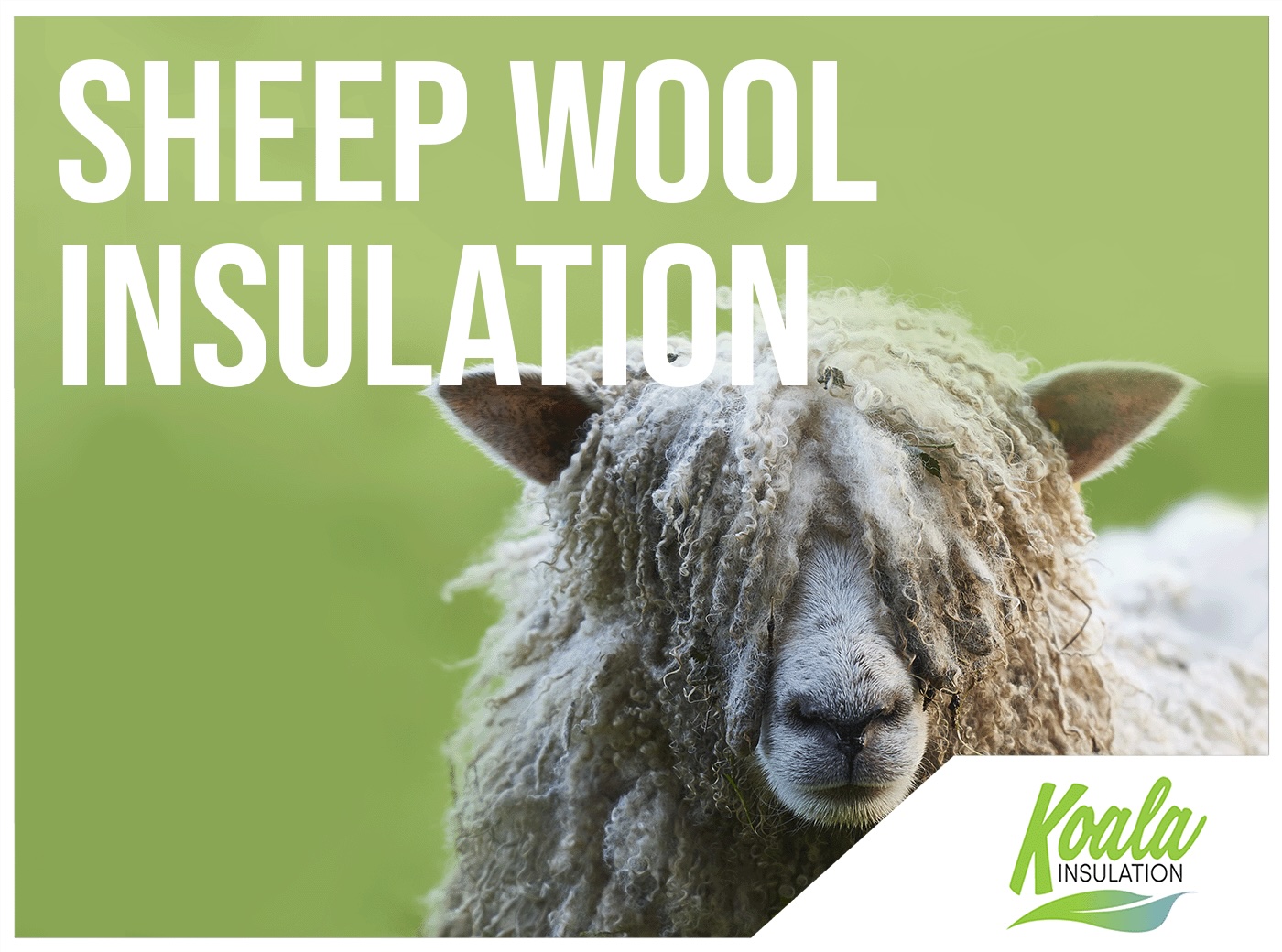Sheep Wool Insulation | Upgrading Your Southeastern Texas Home

You have a wide variety of insulation options when it comes to finding the best material for the unique needs of your property. With the help of industry experts, you can narrow down these choices while learning more about the various benefits each can offer your building. It's important to find a team of local professionals who can provide more information on materials other than your commonly installed options.
Each home and business building has unique needs that could require something more advantageous than your typical fiberglass insulation. For example, are you familiar with sheep wool insulation? It may be a more common application than you think! While it’s one of the more environmentally friendly choices, it also has a number of benefits that can help to improve your comfort, safety, and savings.
How Sheep Wool Insulation Is Made & Used
This type of insulation is made from wool that is sheared from sheep. The wool used is generally the material that is considered too rough or coarse to make into quality clothing or fabrics. The animals are shorn once or twice a year in order to keep their coats healthy; the sheep aren’t farmed for their wool exactly, as this is a process for safety purposes. The coarse wool is then put through a bonding process to create batts or blown-in materials that can be installed in a building.
Sheep wool insulation isn't itchy or irritating to the skin when touched, unlike materials such as fiberglass. While this reduces the risk of discomfort when coming into contact with your insulation, it also reduces problems for people who have allergies or respiratory illnesses. In many cases, the material may be additionally treated with chemicals like boric acid, which can help create even more advantages like killing insects.
Sustainable Options: Wool’s Ingenuity
For environmentally friendly property owners who are looking to improve their energy efficiency, sheep wool insulation checks off a lot of necessary boxes. This is a renewable resource that helps to reduce your carbon footprint while also creating a more sustainable environment.
In addition to being an environmentally friendly product, it's also extremely durable. Sheep wool insulation is a long-lasting alternative to the more traditional options in many cases. While the material is resistant to breakage and tearing, it's also resistant to many elements that contribute to material deterioration. While we don't recommend settling for anything less than Grade 1 installation, this also helps to reduce risks even if the material isn’t properly prepared or additionally treated with deterrents.
4 Benefits of Wool Insulation
- High R-Value
An insulation’s resistance value, commonly referred to as the R-value, is the numerical measurement of the material's thermal insulation performance. The measurement helps to determine how effectively the material can reduce heat transfer in a building. In general, a higher R-value means less insulation needs to be installed to effectively reduce the rate at which heat moves through a structure.
Sheep’s wool is a thick material and offers on average between R-3.5 to R-3.8 per inch. For batt insulation, this is typically a greater average than fiberglass or cellulose counterparts. As a dense material, it has the potential to last longer than alternatives, therefore extending the R-value’s effectiveness and energy efficiency.
- Moisture Reduction
The fiber of sheep wool has a natural moisture regulation. In the same way it helps to keep sheep dry, the shorn material reduces humidity and moisture in your home. This benefit is called a "hygroscopic" effect, meaning it binds moisture when there’s higher humidity and releases moisture when the air is dryer. It’s important to remember that while it retains water, the moisture doesn’t impact its insulating properties or create problematic dampness within the material.
Moisture and high humidity in your home create an environment that increases the risk of mold growth, pest infestation, and structural damage. It's important to help protect your home by installing material that won't create a larger problem if influenced by moisture, especially if you're in an area that has periods of high humidity.
- Fire Resistant
Sheep wool also has natural properties that contribute to its fire resistance. Firstly, the water retention capabilities we discussed help to reduce the insulation’s flammability throughout much of the year, even in southeastern Texas. While the surface can char, it shrivels from the heat rather than combusting. This is largely due to the keratin fiber that suffocates itself to reduce the spread of the fire, similar to how hair chars and shrivels.
When wool is additionally treated with a chemical like boric acid, which is used to treat other common household materials such as cellulose, this also helps to improve the fire retardant capabilities. It's important to note that although many insulation materials have natural components or chemical additives that can reduce the spread of a fire, they won't necessarily stop a severe house fire.
- Mold Deterrent
In addition to contributing to fire resistance, the keratin in sheep wool insulation also gives the material a natural ability to resist mold growth. When we mentioned moisture retention earlier, this may have come up as an initial concern for some homeowners. However, while the material can absorb, hold, and release moisture, it’s not a danger for mold and bacterial growth.
The moisture is absorbed into the material. In fact, the “outer shell” of the wool is hydrophobic, which means it’s water-repellant. The mold can’t grow on the surface of your insulation and doesn’t have the ability to develop inside the material.
Reducing the humidity surrounding the area also helps to reduce the potential for mold to grow in your space, as mentioned above. This is why sheep's wool is a great product to install in residential buildings as well as commercial or industrial sites. On top of being able to regulate the temperature throughout a building, it can also contribute significantly to the climate control capabilities of your property.
Find More Insulation Options With Your Pearland Area Experts
At Koala Insulation of Pearland, we're constantly looking for new and improved industry materials that will contribute to the comfort and safety of our neighbors. We prioritize products and services that are both cost-effective and energy-efficient for the good of our community. If you're unfamiliar with the current condition of your home's insulation and air sealing, it's time to give your local insulation experts a call. Contact Koala Insulation of Pearland today to learn more about sheep wool insulation by scheduling a free evaluation.
Find Your Location


Get a quote


